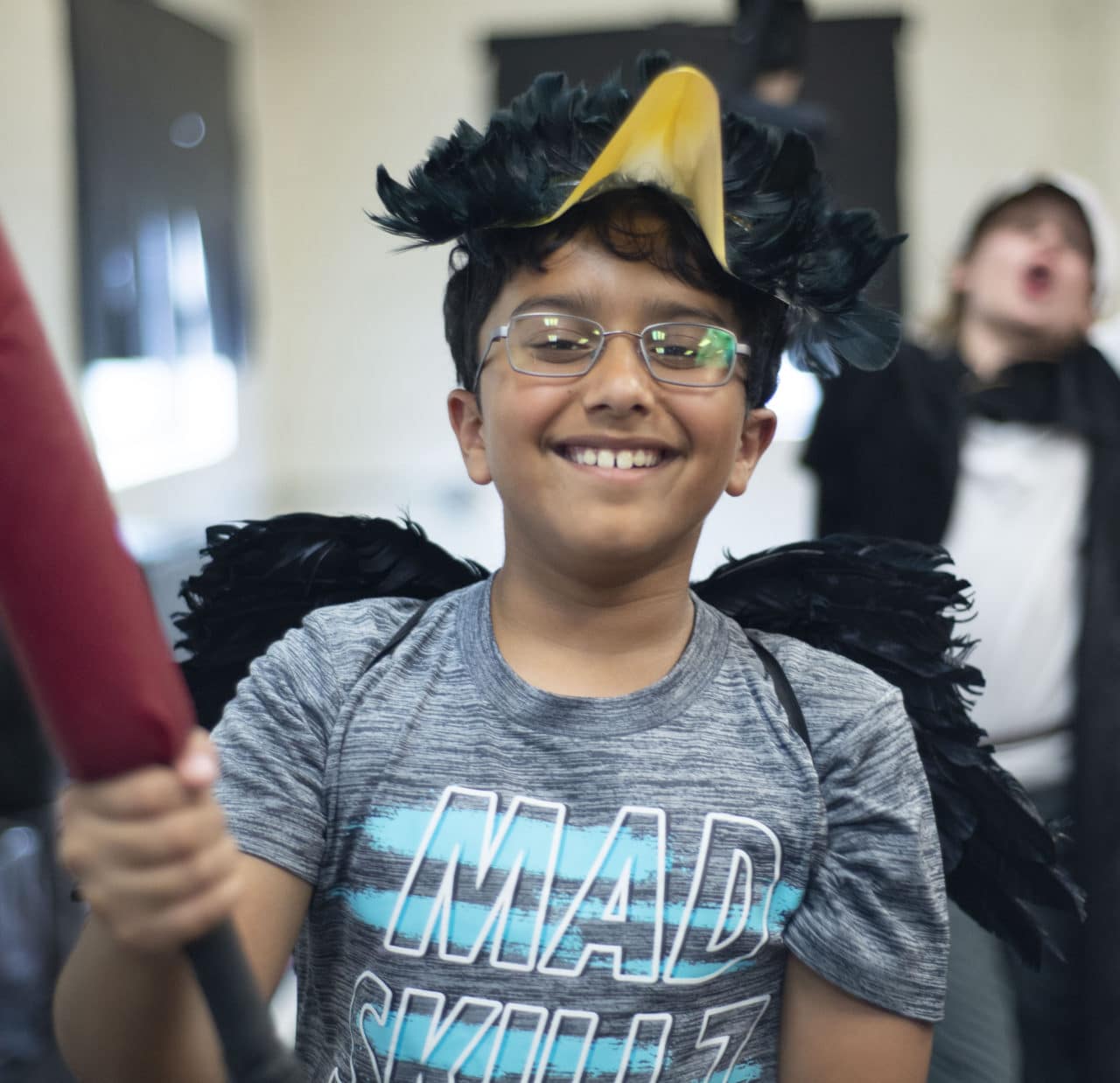LARP, or live action role play, can be a tool (or perhaps a better term is “vehicle”) in education that involves students role-playing various characters or scenarios in order to learn and understand new concepts. Educational LARPs are also known as EduLARPs.
Subjects for study can vary from SEL (Social-Emotional Learning) to academics like STEM (Science, Technology, Engineering, and Math). Which learning concepts the teacher wants to explore can determine the best story for the experience (what we call “Adventure” or “Module”).
LARP can be effective in teaching for a variety of reasons:
- LARP promotes active learning: LARP requires students to actively participate in the learning process, rather than simply listening to lectures or reading materials. This can make learning more engaging and interactive, and can help students to better retain and understand the information being presented. As well, if time for active reflection is provided after the adventure, LARP can improve transfer of this knowledge into both the academic setting as well as their personal lives.
- LARP encourages critical thinking: LARP can encourage students to think critically about the information being presented, as they must consider the perspectives and motivations of different characters and make decisions based on that information. This can help students to develop their critical thinking skills. It can also make room for “in-game” (during the adventure) consequences which shows why the critical thinking skills are important.
- LARP can be inclusive: LARP can be inclusive and culturally sensitive, as it allows students to bring their own experiences and perspectives to the role-playing scenarios. Allowing a student to bring their full, authentic self into the learning environment can improve their sense of belonging and therefore motivation. As well, by using scenarios from a variety of cultures and viewpoints, teachers can create a more diverse and inclusive learning environment.
- LARP can be adaptable: LARP is flexible and can be adapted to a variety of different subjects and age levels. Teachers can use LARP to teach a wide range of concepts, from language and literature to STEM and history by making the successful outcome of an adventure dependent upon this knowledge. LARP can also be useful in Informal Learning environments where participants want an immersive learning experience.
- LARP can teach SEL: LARP can provide a safe environment for participants to exercise positive social behaviors and relationships with their peers and adults. The safety to explore and decide which directions they want to take their character encourages students to bring those decisions to their lives. They build their own sense of moral, purpose, self-awareness and confidence which leads to decreased emotional distress, reduced risk-taking behavior, improved test scores, grades and attendance.
- LARP can be entertaining: LARP can be a fun and enjoyable way to learn, which can help to create a positive and welcoming classroom environment.
- LARP can teach Improv: Improvisational skills are vital in both the workplace and personal life. If the adventure is getting boring, a teacher can use improv to adjust the interactions and make the story more exciting.
LARP can be a challenge to use in educational settings if the students or teacher are confused by the “game” aspect of the adventure. This can best be addressed by creating a simplified LARP system that can be easily and quickly understood. Other venues, like summer camps, can have time to explore a more complete LARP system that can be profoundly immersive.
And yet, LARP can be a powerful and effective tool for engaging and educating students. By using LARP in the classroom, teachers can create a more dynamic, interactive, and inclusive learning environment, and help students to better understand and remember important concepts.
About: Guardian Adventures provides free and licensed educational games, adventures, and LARP systems for summer camps, schools, and recreation organizations.


